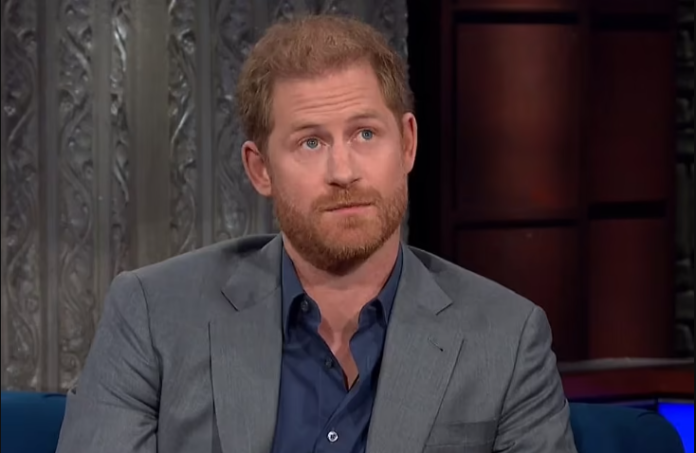A judge has ordered the Department of Homeland Security to hand over sensitive material about Prince Harry’s immigration papers for him to review while he decides whether to make them public.
This comes after a hearing in court in Washington last month in which Judge Nichols heard from DHS and the Heritage Foundation, which is seeking to release the material.
The Heritage Foundation is seeking the release of the documents as part of a Freedom of Information request it filed last year.
The think tank claimed that Harry could have lied about taking drugs in his immigration paperwork despite admitting to doing them in his memoir and in the Netflix show.
If the Duke did not tell the truth on his entry forms then he could be removed from the US or barred by a border agent.
In an order filed to the court in Washington, Judge Nichols stated that the Freedom of Information law authorized him to review ‘declarations and/or contested records in camera’.
Doing so would help him to determine whether any exemptions preventing the documents from being made public apply.
Judge Nichols said: ‘Having reviewed the parties’ written submissions and heard oral argument on the motions, the court concludes that in camera review is necessary to determine whether the records in dispute come within the scope of the claimed exemptions’.
Judge Nichols gave DHS until March 21 to submit declarations that detail ‘the records it is withholding and the particular harm that would arise from public disclosure of them’, his order said.
The review will be conducted on camera, meaning it will be done by the judge in private.
In his memoir, ‘Spare’, which came out last January, and the Netflix show ‘Harry & Meghan’, about the Duke and his wife, Meghan Markle, Harry was frank about his previous drug use.
He admitted to using cocaine and marijuana in the past, once saying that cannabis helped heal the trauma of his mother’s death.
The Duke said that using ayahuasca, the psychedelic drug, he realized that his mother wanted him to be ‘happy’.
Despite this, Harry’s US visa application in March 2020 could show he ticked the ‘no’ box on questions about his drug use, The Heritage Foundation claims.
In its legal filing, DHS said that the records at issue are ‘particularly sensitive’ because they would ‘reveal Harry’s (immigration) status in the United States’.
DHS has claimed that Harry still has a right to privacy even though he is a celebrity.
Heritage has claimed in legal filings that Harry being so open about his private life means he has forfeited such a right.
During the hearing last month, lawyers for DHS said that Harry’s claims about his drug use in ‘Spare’ may not have been true and may have been in there just to sell books.
‘The book isn’t sworn testimony or proof,’ John Bardo told the court. ‘Saying something in a book doesn’t necessarily make it true’.

